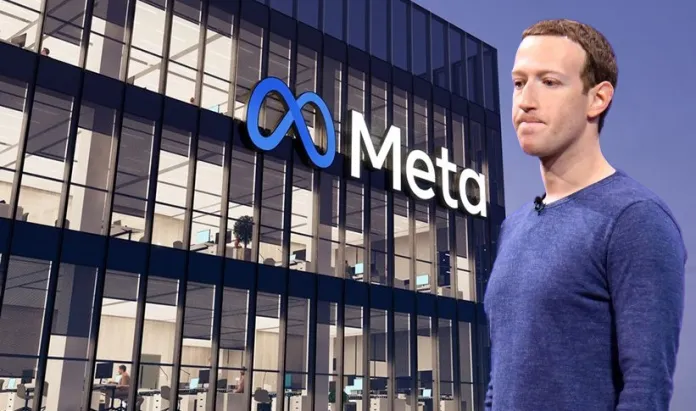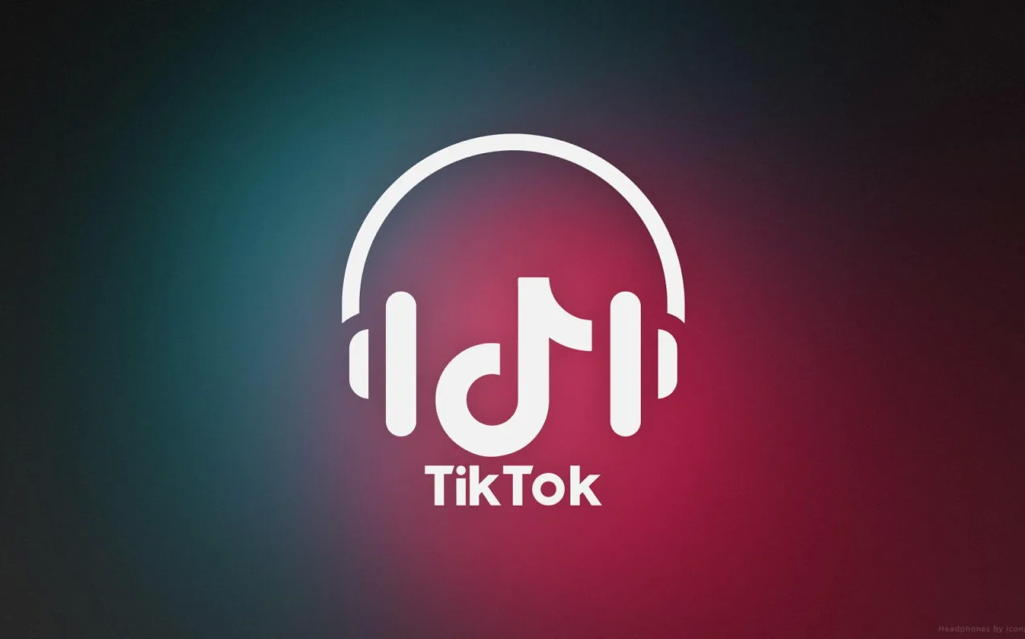On Tuesday, TikTok and its Chinese parent company ByteDance went to a U.S. federal court to try to stop a law signed by President Joe Biden that would either ban or force the sale of the short video app used by 170 million Americans.
They took their case to the U.S. Court of Appeals for the District of Columbia Circuit, saying that the law breaks the U.S. Constitution in several ways, including by restricting free speech under the First Amendment. Biden signed the law on April 24. ByteDance has until January 19 to sell TikTok or it will be banned.


In their lawsuit, the companies said, “For the first time in history, Congress has passed a law that permanently bans a single named speech platform across the entire country.”
The lawsuit said the sale “is simply not possible: not commercially, not technologically, not legally. … There is no doubt that the Act (law) will shut down TikTok by January 19, 2025, silencing the 170 million Americans who use it to communicate in unique ways.”
Read More: With xAI, Musk Should Expect to Raise $6 Billion
White House Seeks US Ownership of TikTok, Lawsuit Looms
National security is why the White House wants to terminate Chinese control of TikTok, but not ban it. The White House and Justice Department would not discuss the complaint. The case is TikTok’s latest move to avoid a US shutdown. Snap (SNAP.N) is opening new tabs, while Meta is using TikTok’s political unpredictability to convince consumers to cease advertising on their sites.
US lawmakers were afraid that China could use the app to get information about Americans or spy on them. As a result, the measure was passed by a large majority in Congress only a few weeks after it was first presented. TikTok has said that it has never shared U.S. user data and never will. In the lawsuit, American lawmakers were accused of raising “speculative” worries.
In a House committee on China, Representative Raja Krishnamoorthi is the ranking Democrat. He said that the bill is “the only way to address the national security threat posed by ByteDance’s ownership of apps like TikTok.”
“Instead of continuing its deceptive tactics, it’s time for ByteDance to start the divestment process,” he added.
The law says that app stores like Apple (AAPL.O) and Alphabet’s Google (GOOGL.O) can’t sell TikTok. It also says that internet server services can’t support TikTok unless ByteDance gets rid of it by January 19.
According to the lawsuit, the Chinese government “has made it clear that it would not permit a divestment of the recommendation engine that is a key to the success of TikTok in the United States.” Their request for “prospective injunctive relief” from the D.C. Circuit was granted.
The lawsuit claims BlackRock, General Atlantic, and Susquehanna International Group own 58% of ByteDance. About 7,000 American workers and the company’s Chinese founder control 21%.
Read More: Trump Attends F1 Miami Grand Prix
ANGER ABOUT THE INTERNET AND TECHNOLOGY
The US and China have been fighting over the internet and technology for four years, and the battle over TikTok is a big part of that. Apple said in April that China had told them to take Meta Platforms’ (META.O) apps like WhatsApp and Threads off of their Chinese App Store because they were dangerous to Chinese national security.
TikTok allegedly spent $2 billion to protect U.S. users’ data and made more commitments in a 90-page draft National Security Agreement with the Committee on Foreign Investment in the US.
According to the lawsuit, TikTok consented to a “shut-down option” that would empower the U.S. government to shut down the app if it broke rules.
The lawsuit claims CFIUS ended meaningful agreement talks in August 2022. March 2023: CFIUS “ordered ByteDance to divest U.S. TikTok business.” The Treasury Department chairs the CFIUS. It investigates foreign investments in American businesses and real estate that harm national security.
The judges stopped President Donald Trump in 2020 when he tried to ban TikTok and WeChat, a unit of Tencent (0700.HK), in the United States. Trump, the Republican running against Biden on November 5, has since changed his views and said he doesn’t support a ban but wants to address security issues.
Biden could add three months to the date of January 19 if he thinks ByteDance is making progress. According to the lawsuit, the fact that Biden’s campaign for president is still using TikTok “undermines the claim that the platform poses an actual threat to Americans.” Trump’s team doesn’t use TikTok.
TikTok Sale Stalled: Code Transfer Raises Security Red Flags
A lot of experts have asked if there is a buyer who can afford to buy TikTok and if the Chinese and American governments would agree to the sale.
The lawsuit says that moving the TikTok source code to the US “would take years for a whole new set of engineers to gain sufficient familiarity.”



